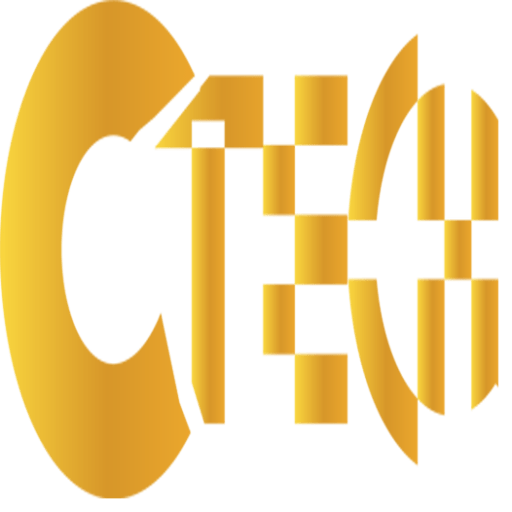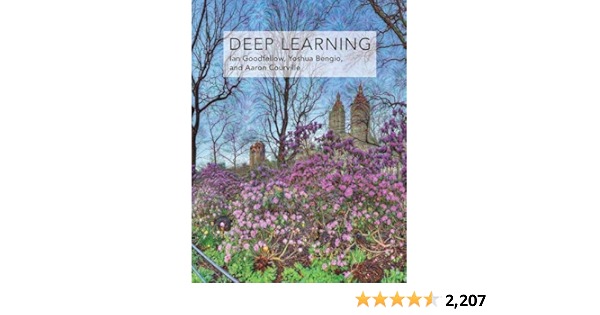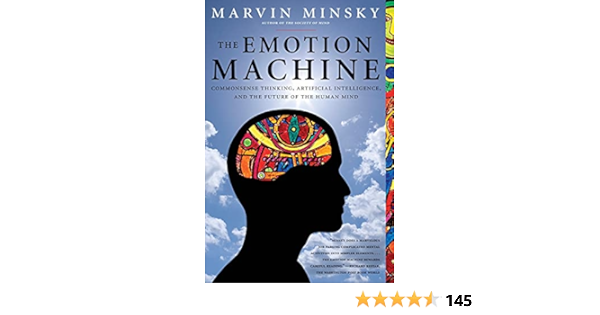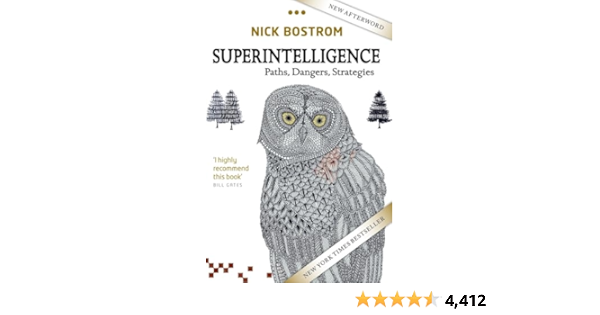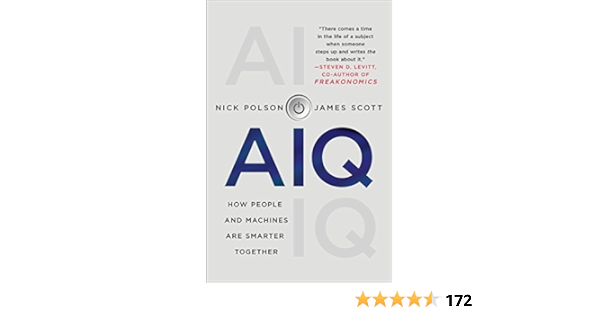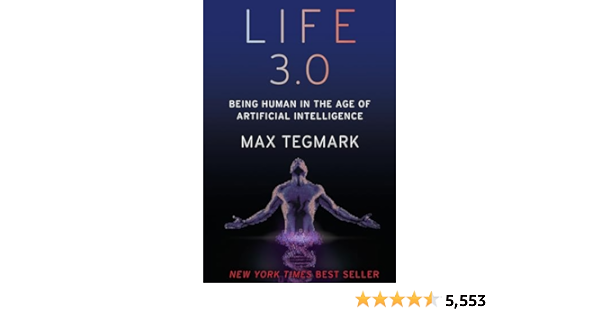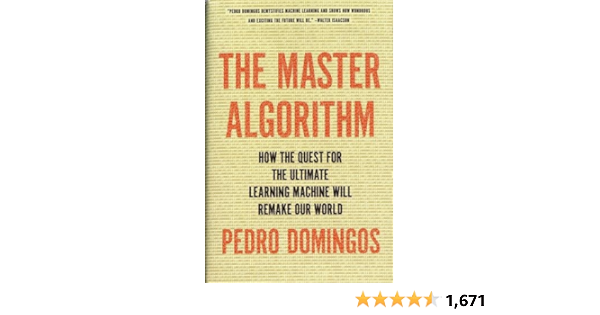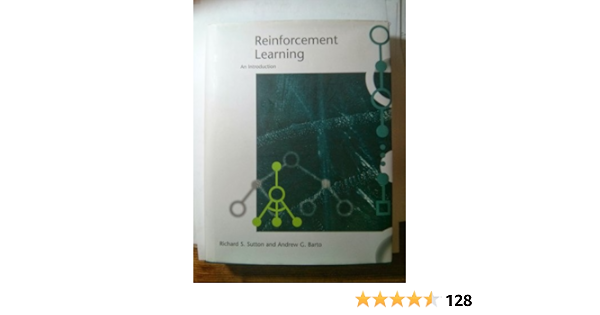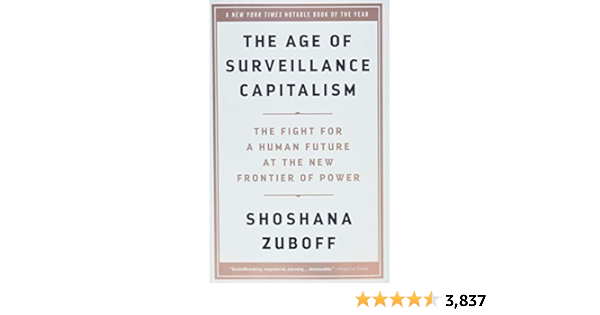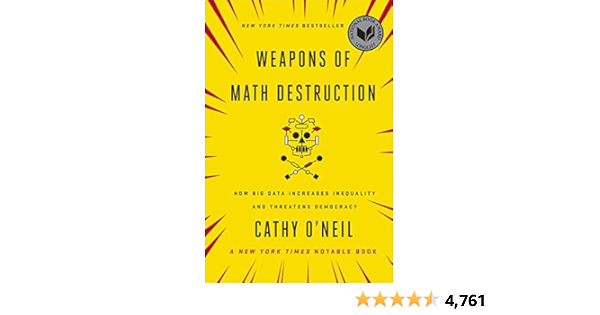10 Best Books on Artificial Intelligence

Artificial Intelligence (AI) is the study of machines that can think and act like humans. In this article, we will list and briefly describe all the 10 Best Books on Artificial Intelligence. AI is a rapidly growing field that has seen a surge in development in recent years. AI technology can be used in a variety of industries to automate tasks, create better products and services, and improve customer experiences. AI has the potential to revolutionize the way we live, work, and interact with the world around us. This article provides an introduction to AI, covering the basics of AI and exploring the potential benefits and risks of this powerful technology.
10 Best Personal Finance and Investing Books Everyone Must Read
Here are 10 best books on Artificial Intelligence:
- Artificial Intelligence: A Modern Approach by Stuart Russell and Peter Norvig
- Deep Learning by Ian Goodfellow, Yoshua Bengio, and Aaron Courville
- The Emotion Machine: Commonsense Thinking, Artificial Intelligence, and the Future of the Human Mind by Marvin Minsky
- Superintelligence: Paths, Dangers, Strategies by Nick Bostrom
- AIQ: How Artificial Intelligence Works and How We Can Harness It by Nick Polson and James Scott
- Life 3.0: Being Human in the Age of Artificial Intelligence by Max Tegmark
- The Master Algorithm: How the Quest for the Ultimate Learning Machine Will Remake Our World by Pedro Domingos
- Reinforcement Learning: An Introduction by Richard S. Sutton and Andrew G. Barto
- The Age of Surveillance Capitalism: The Fight for a Human Future at the New Frontier of Power by Shoshana Zuboff
- Weapons of Math Destruction: How Big Data Increases Inequality and Threatens Democracy by Cathy O’Neil.
1. Artificial IntelligenceA Modern Approach by Stuart Russell and Peter Norvig

This book is a comprehensive introduction to the field of Artificial Intelligence (AI). It provides an up-to-date overview of the research and development in the field, covering topics such as robotics, knowledge representation, machine learning, and natural language processing. The authors discuss algorithms and techniques for solving complex problems, and demonstrate how AI can be applied in a variety of different domains.
2. Deep Learning by Ian Goodfellow, Yoshua Bengio, and Aaron Courville

This book is a comprehensive overview of the field of deep learning, a machine learning technique that is used to make accurate predictions based on large amounts of data. The authors explain how deep learning works, and provide detailed examples of how it can be used in a range of applications. The book also includes chapters on topics such as neural networks, convolutional neural networks, and recurrent neural networks.
3. The Emotion Machine: Commonsense Thinking, Artificial Intelligence, and the Future of the Human Mind by Marvin Minsky


This book examines the field of Artificial Intelligence (AI) from a philosophical perspective, exploring the implications of AI for the future of humanity and our understanding of ourselves. Written by one of the founders of the field of AI, the book examines the implications of AI on the way we think and feel, and how machines can help us make sense of the world around us.
4. Superintelligence: Paths, Dangers, Strategies by Nick Bostrom

This book explores the implications of the development of artificial intelligence, and the potential dangers and benefits of machines becoming smarter than humans. The author examines the potential risks of AI, as well as the potential opportunities, and provides strategies for managing the development of AI.
5. AIQ: How Artificial Intelligence Works and How We Can Harness It by Nick Polson and James Scott

This book provides an introduction to the field of Artificial Intelligence (AI), exploring how AI works and how it can be used in a range of applications. The authors explain the fundamental concepts of AI, and provide examples of how AI can be applied in areas such as healthcare, finance, and transportation.
6. Life 3.0: Being Human in the Age of Artificial Intelligence by Max Tegmark

This book explores the implications of Artificial Intelligence (AI) for humanity, and examines the potential benefits and risks of AI for our future. The author examines the potential implications of AI on our species, our relationships, and our societies, and provides insight into how we can manage the development of AI.
7. The Master Algorithm: How the Quest for the Ultimate Learning Machine Will Remake Our World by Pedro Domingos


This book examines the field of machine learning, exploring the potential of creating a “master algorithm” that can learn from data and make accurate predictions. The author explains how machine learning works, and provides insight into the potential implications of a master algorithm for our world.
8. Reinforcement Learning: An Introduction by Richard S. Sutton and Andrew G. Barto


This book is a comprehensive introduction to the field of reinforcement learning, a type of machine learning where agents interact with their environment and use feedback from their actions to learn the best way to act in future situations. The authors explain the fundamentals of reinforcement learning, and provide examples of how reinforcement learning is applied in a range of domains.
9. The Age of Surveillance Capitalism: The Fight for a Human Future at the New Frontier of Power by Shoshana Zuboff


This book examines the implications of the rise of “surveillance capitalism”, where companies use data to build detailed profiles of their customers and target them with personalized products and services. The author examines the implications of this new business model, and how it is transforming our world.
10. Weapons of Math Destruction: How Big Data Increases Inequality and Threatens Democracy by Cathy O’Neil


This book examines the implications of the use of algorithms and “big data” in our society. The author examines the ways in which algorithms can be used to increase inequality, and how they can be used to manipulate public opinion and threaten democracy.
